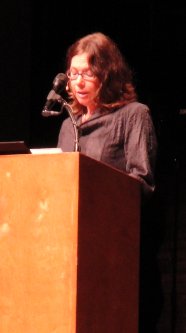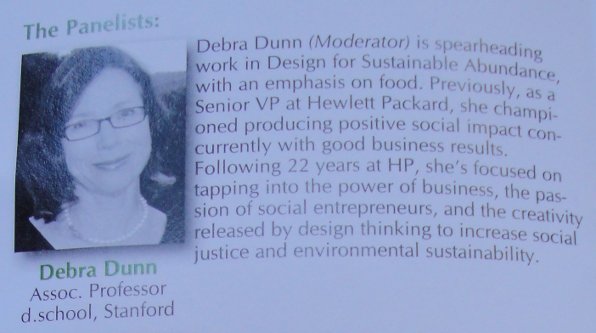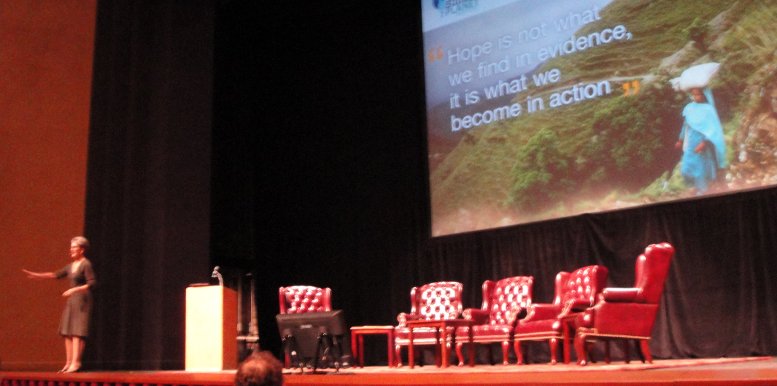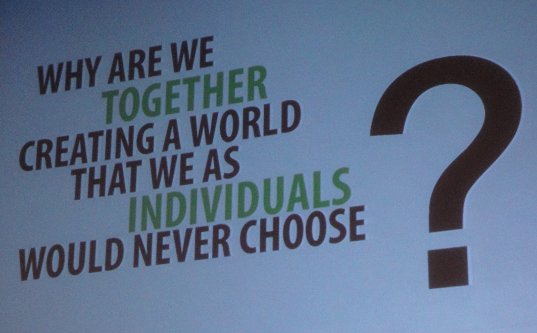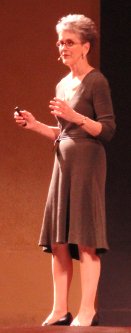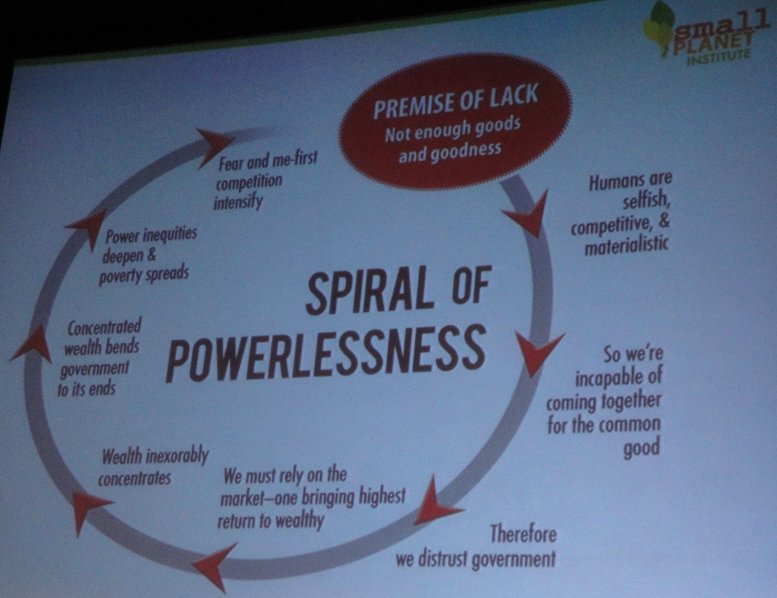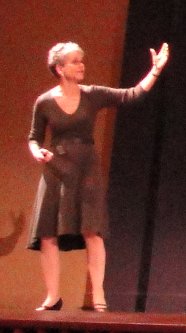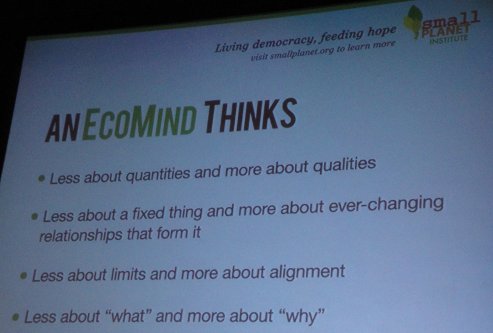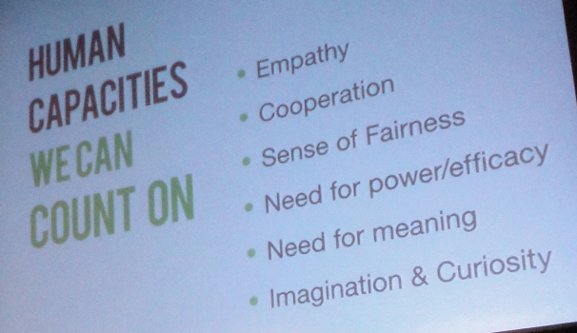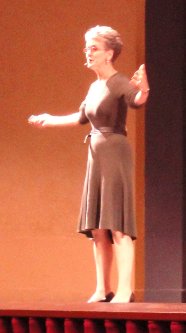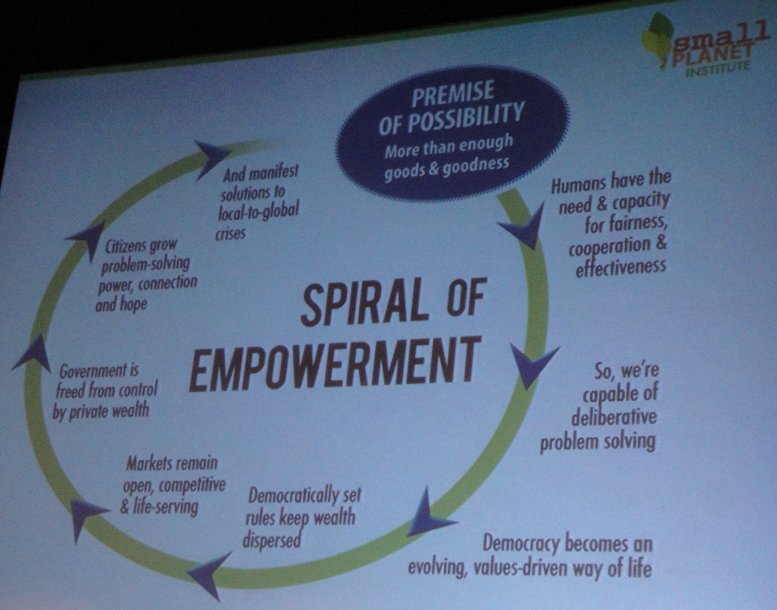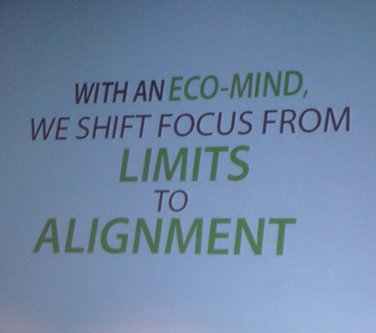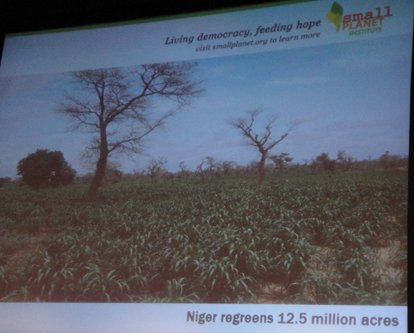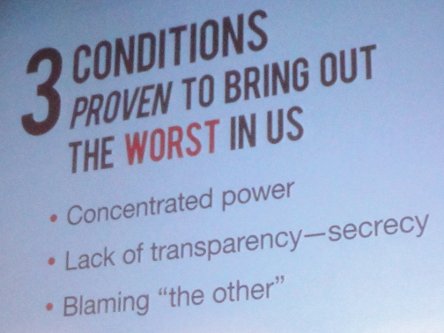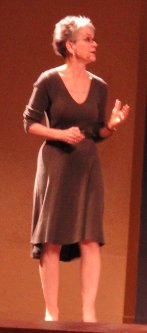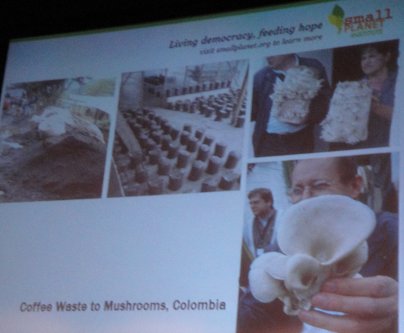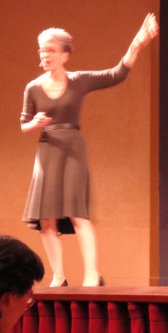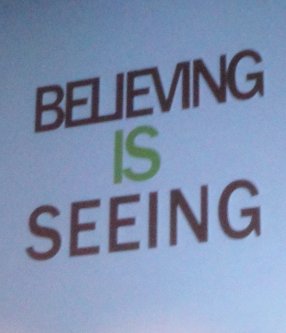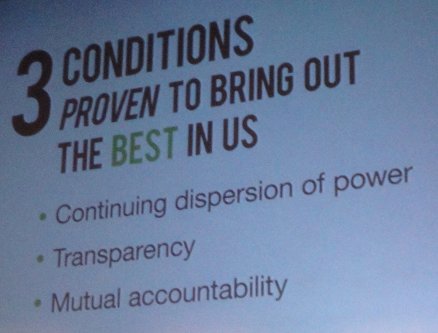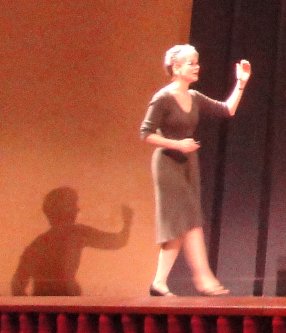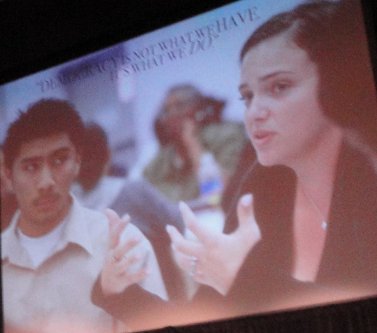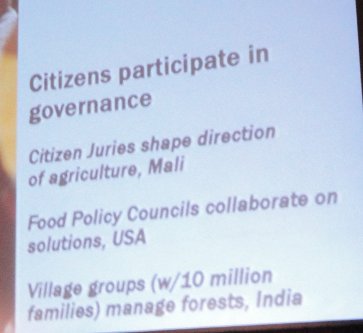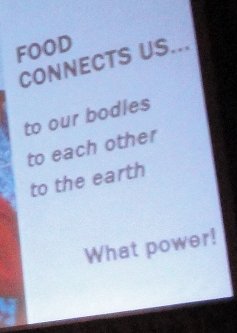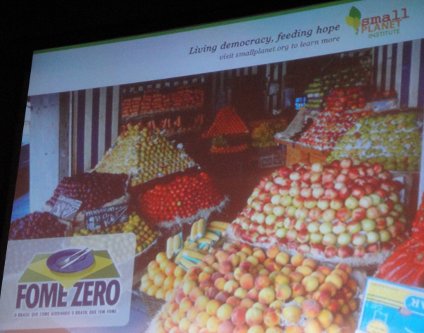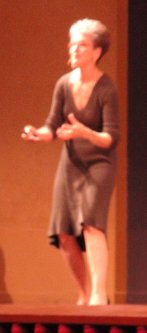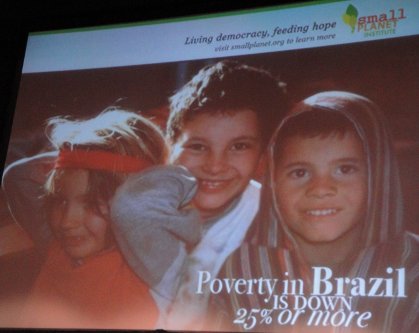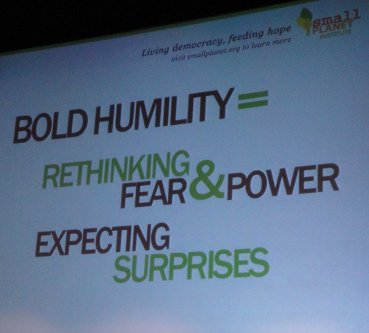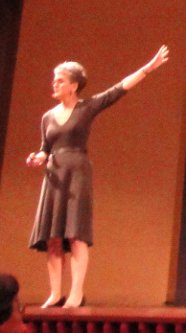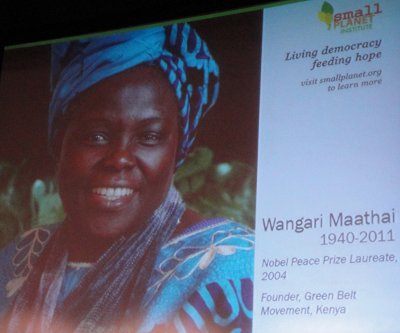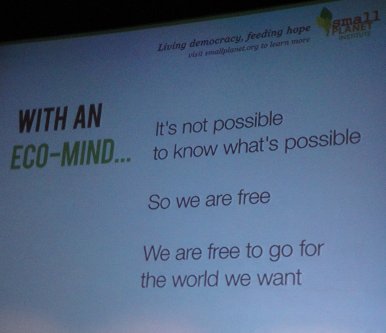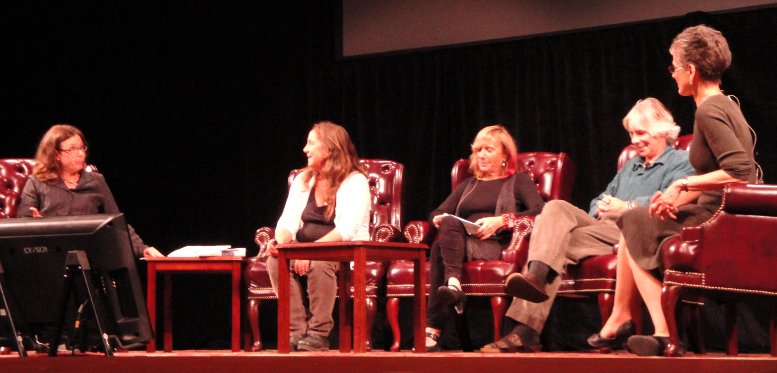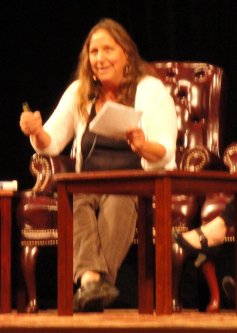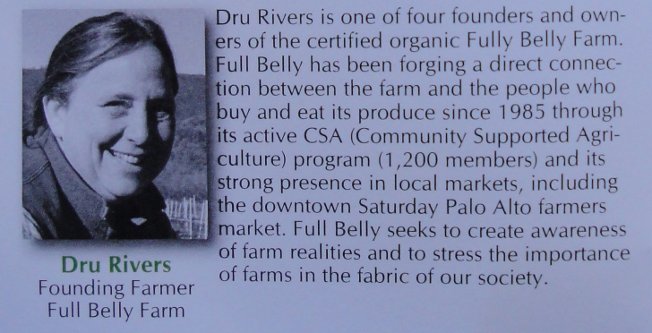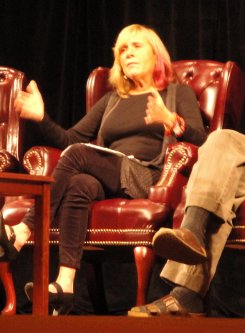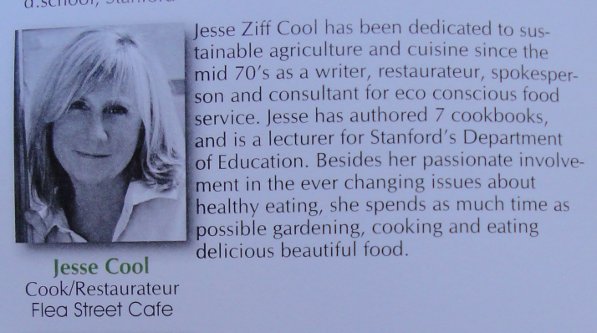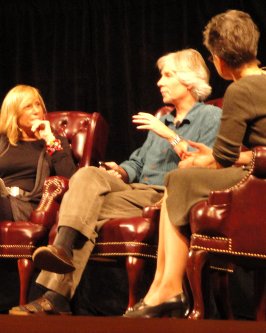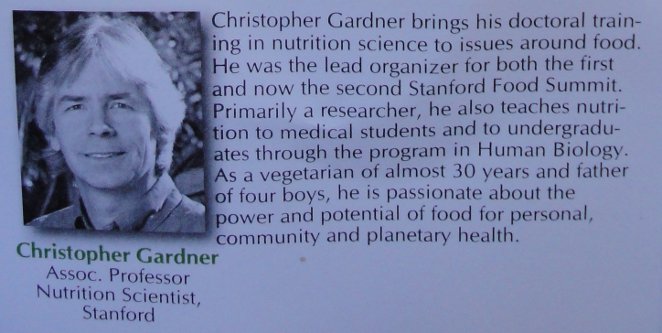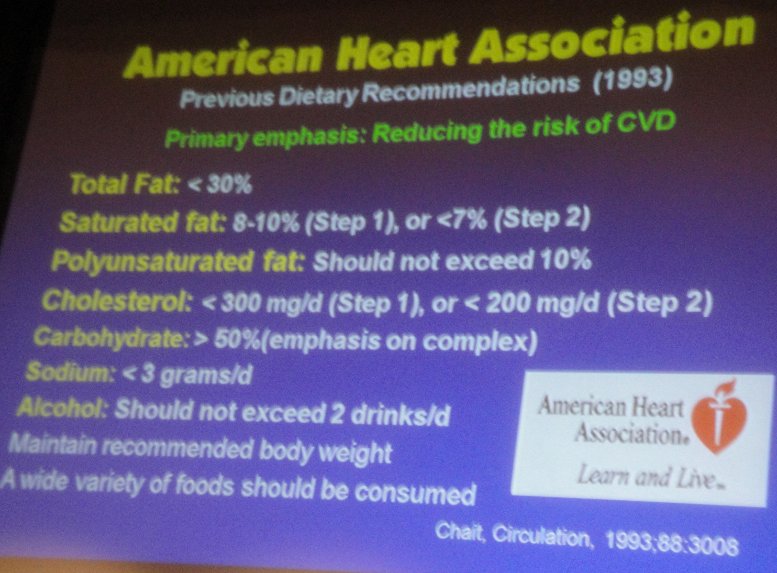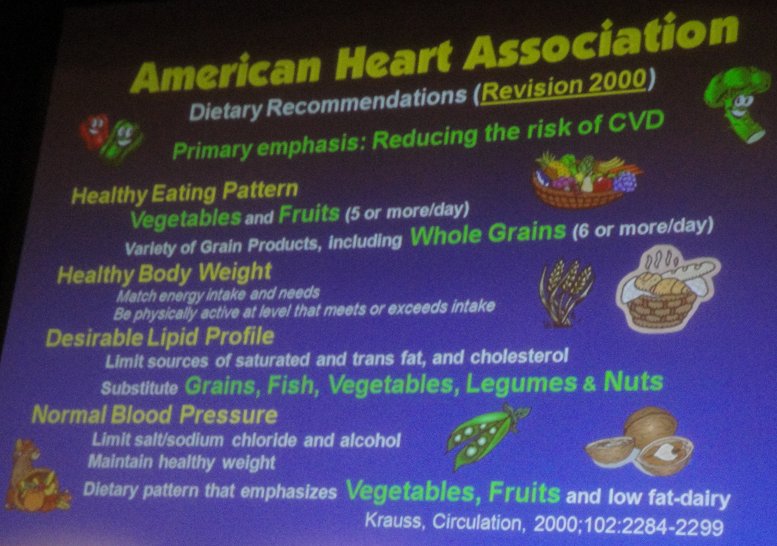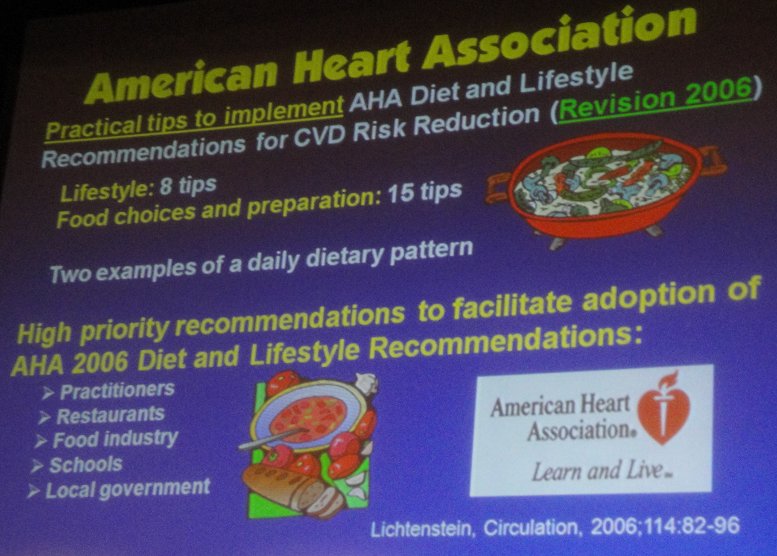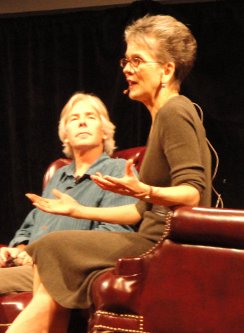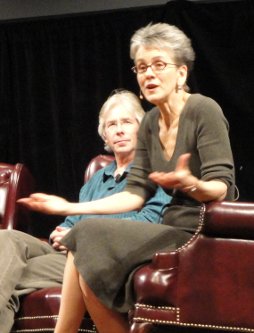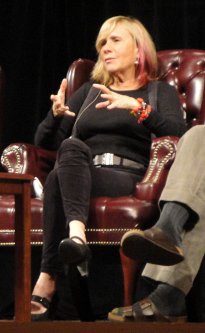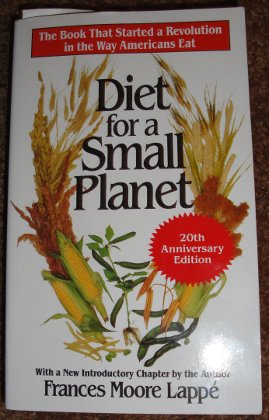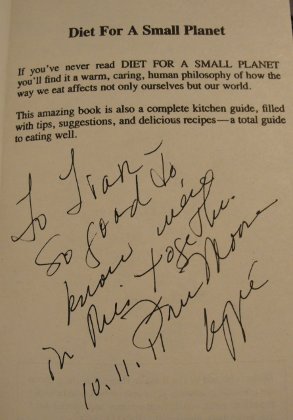Lappe began her talk by telling us that
the picture behind the quote on the screen was taken on her journey to
India with her daughter. Then she explained that she became a cookbook
author almost by accident, sitting there in the School Library at
Berkeley, looking at the imponderably huge problems we would be facing
down the road. She'd simply realized that reformulating our
relationship with food was the only hope, and she had worked to make
that happen ever since. Then she asked us the big question that she'd
been pondering.
She sees the answer as part of our
relationship with power and money, and how that connects with food
policy. She explained it by tracing how classic ideas of economics
chase us around the following chart.
That "wealth inexorably concentrates"
is another way of saying "the rich get richer", which is what we have
been dealing with over the past few generations in the USA.
Looking for a better way, she urged us
to look at human capacities that aren't harnessed by "giving up" to the
system as the above assumes. She started with the essential way to look
at the world, what she described as "the EcoMind".
Then she went on to list essential
human capacities that we can count on, because they are seen all over
the world.
She said that working through a system
that builds on this and creates a "spiral of empowerment" will lead us
to a better world.
She followed up the explanation of her
idea with some examples from the real world. First was Niger, where
they have reforested 12 million plus acres, making what had become
desert because of the colonial era's exploitation into productive land
again.
She explained that this kind of
embedded democracy, where it's based in your relationship with food and
community, is a powerful source of better possibilities.
"Democracy is not what we have, it is
what we do." The quote is central to citizen participation in
governance all over the world.
She dwelled particularly on Brazil,
where they had gone from giving the poor money to making sure that
everybody is fed. That change alone had improved living conditions
there dramatically.
I was touched by Frances Moore Lappe's
tribute to Wangari Maathai, who had died just a week or so before the
talk. Maathai had been responsible for the planting of millions of
trees, doing more to heal mother earth than most of us.
I'd say see Frances Moore Lappe speak
if you get a chance. There was so much more to her presentation than I
put here.
After the speech Dunn and Lappe were
joined in the chairs by the other panelists. One by one the moderator
would ask them a rehearsed question, and one by one they would answer
with some thoughtful comments.
Rivers began by thanking Lappe for
inspiring her to become a farmer with Diet for a Small Planet. Then she
talked in glowing terms about how much the farmers markets and CSA's
have grown since she got into the field. Back then there were few
farmers markets. Now just about everybody around here has at least
weekly access to one or more of them, especially during the summers.
Then Rivers talked about some of the
things that Full Belly Farm is doing to build the market for healthy
local food. The one that struck me the most was an annual "pizza tour".
Every summer they bring in a batch of high school aged kids and teach
them what's in pizza. The kids grind the flour, make the mozzarella,
pick the tomatoes, make the sauce, and do everything else to make the
pizza they eat for supper at the end of the day. She glowed while
telling of meeting people that did it years ago who told her "that was
the first time I really got how food gets from farm to table."
Cool also remembered Diet for a Small
Planet fondly, citing it as part of her motivation for starting Flea
Street Cafe. She also supports the local food movement by renting the
parking lot of her restaurant to a weekly farmers market for the low
low price of one dollar a year.
What I remember Gardner saying was "all
you have to do is wander around a hospital to realize we have dietary
problems in this country." When he started teaching nutrition to med
students, it was a new idea. Then he showed us how AHA recommendations
have evolved over the past 20 years.
During Q&A my mind began to wander.
I started trying different settings, looking for pictures that better
matched what I saw. The questions weren't that great, but the speakers
gave us interesting answers anyhow. Unfortunately, I've forgotten that
part.
When all was said and done, I liked the
presentation so much I got a book. Lappe was giving autographs in the
lobby, so I got one to.
